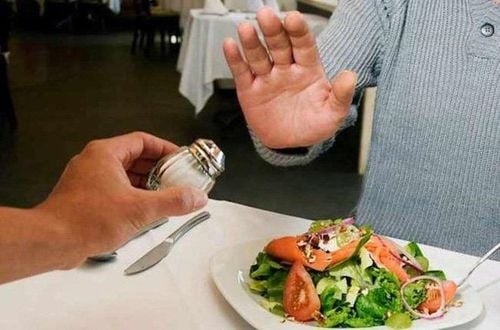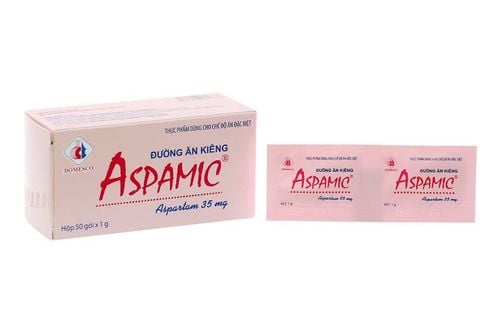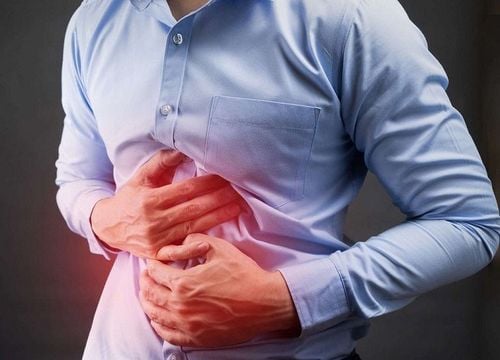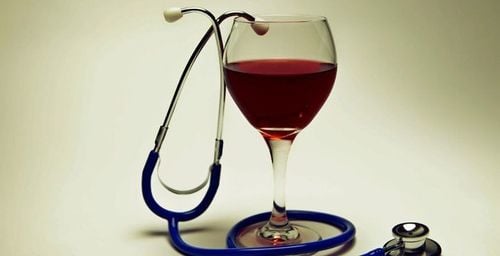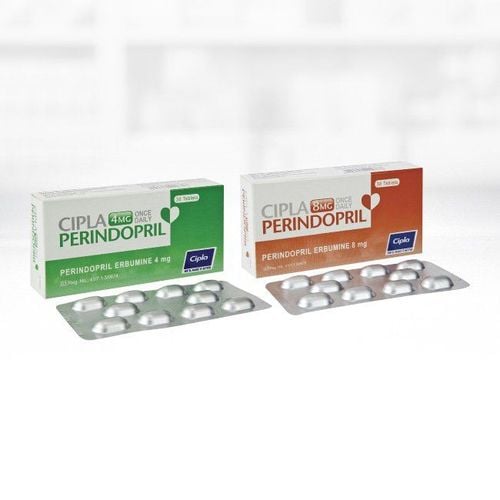This is an automatically translated article.
The article is professionally consulted by Master, Doctor Do Nguyen Thuy Doan Trang - Head of Extracorporeal Circulation Team - Cardiovascular Center - Vinmec Central Park International General Hospital. The doctor is a leading expert in Extracorporeal Circulation in cardiac surgery and cardiac resuscitation, Cardiovascular medical treatment.One of the leading fatal cardiovascular problems in the world is hypertension. This is a common medical condition in most developing countries. Diet and habits of salty as well as sweet are the main risk factors for hypertension. So how does excessive use of sugar and salt affect blood pressure?
1. What is hypertension?
Hypertension, also known as high blood pressure (popularly known as high blood pressure), is a condition in which the intravascular pressure is elevated (systolic blood pressure ≥ 140 mmHg and/or diastolic blood pressure ≥ 90 mmHg) manifested by symptoms such as dizziness, lightheadedness, headache. Sometimes patients have no symptoms, but only accidentally discovered when measuring blood pressure. If left untreated, high blood pressure can damage target organs such as the heart, brain, liver, and kidneys. Consequences cause more serious diseases such as heart failure, cerebrovascular accident, liver failure, kidney failure and death.Each year in the United States more than a thousand people die from high blood pressure and cost more than 50 billion dollars of treatment each year. In Vietnam, according to data from the Vietnam Heart Association in 2016, about 48% of the Vietnamese population is at risk of developing high blood pressure. This is a worrying number, so controlling hypertension is a key goal to improve public health.
2. Salt consumption and hypertension
The main ingredient of table salt is NaCL, when using a lot of salt, the amount of Na in the body will increase. Na+ ions increase the osmolality of cells, causing water retention in the body, increasing vascular tone, causing vasoconstriction, increasing peripheral resistance and eventually leading to hypertension.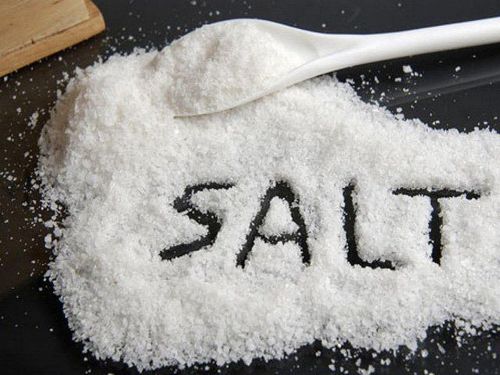
So far, we all know that limiting salt intake is one of the first steps in the treatment of high blood pressure. However, the benefits of reducing daily salt intake are controversial. Current studies show that the treatment of hypertension by reducing salt intake is still not very effective.
A study of 100,000 patients assigned to a salt restriction of 3 to 6 g/day found that mortality and cardiovascular events were reduced compared with patients with high salt intake or lower. Therefore, some recommendations to limit salt intake to less than 3g per day can be harmful to the body.
3. Sugar consumption and high blood pressure
Processed foods are not only high in sodium, but also contain refined carbohydrates. These simple sugars, especially the monosaccharide fructose, play an important role in hypertension. Furthermore, the evidence suggests that sugar in general and fructose in particular increase the risk of cardiovascular disease through various mechanisms.Sucrose (cane sugar) is made up of two types of monosaccharides, glucose and fructose. Sucrose is the main ingredient in processed industrial foods, but it is not as sweet as other sugars. In fruit drinks and sodas, the main sugar used is high-fructose syrup (55% fructose and 45% glucose), which has a sweeter taste.
When consuming a lot of fructose can increase sympathetic nervous system activity. This is the mechanism that causes increased heart rate, increased cardiac output, increased sodium retention in the kidneys, and vasoconstriction. All of these responses lead to increased blood pressure and increased myocardial oxygen demand.
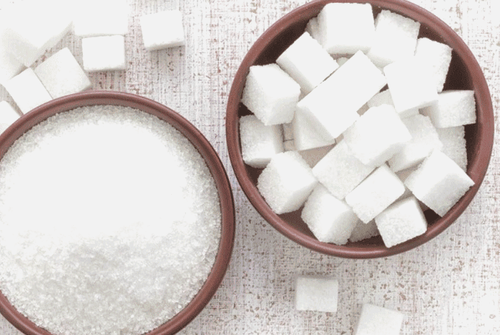
People who get more than 25% of calories from sugar are more likely to die from cardiovascular disease than people who get calories from other food sources.
In the United States, the amount of sugar consumed per day is 2 to 8 times higher than the level recommended by the American Heart Association (AHA) and the World Health Organization (WHO). In adults, this intake is 6 to 16 times higher than the recommended value.
However, the absorption of sugars (including fructose) found in natural foods such as fruits is good for health and does not harm the body. Therefore, limiting the amount of sugar consumed from food is a good way to help protect health from high blood pressure and cardiovascular diseases.
4. What kind of diet should people with high blood pressure have?
Patients who already have high blood pressure should avoid excessive consumption of processed foods as these are a great source of salt and sugar. Especially foods such as fast food, pastries, fructose, cane sugar, fried foods that contain a lot of saturated fat are also a potential factor causing high blood pressureLimit use salt, avoid canned, pre-fermented foods like pickles. Avoid stimulants such as alcohol, coffee, and tobacco. Besides, you need to have a reasonable exercise regime to improve your health.
To protect heart health in general and detect early signs of cardiovascular disease, customers can sign up for Cardiovascular Screening Package - Basic Cardiovascular Examination of Vinmec International General Hospital. The examination package helps to detect cardiovascular problems at the earliest through tests and modern imaging methods. The package is for all ages, genders and is especially essential for people with risk factors for cardiovascular disease.

Please dial HOTLINE for more information or register for an appointment HERE. Download MyVinmec app to make appointments faster and to manage your bookings easily.
References: webmd.com, medicalnewstoday.com






